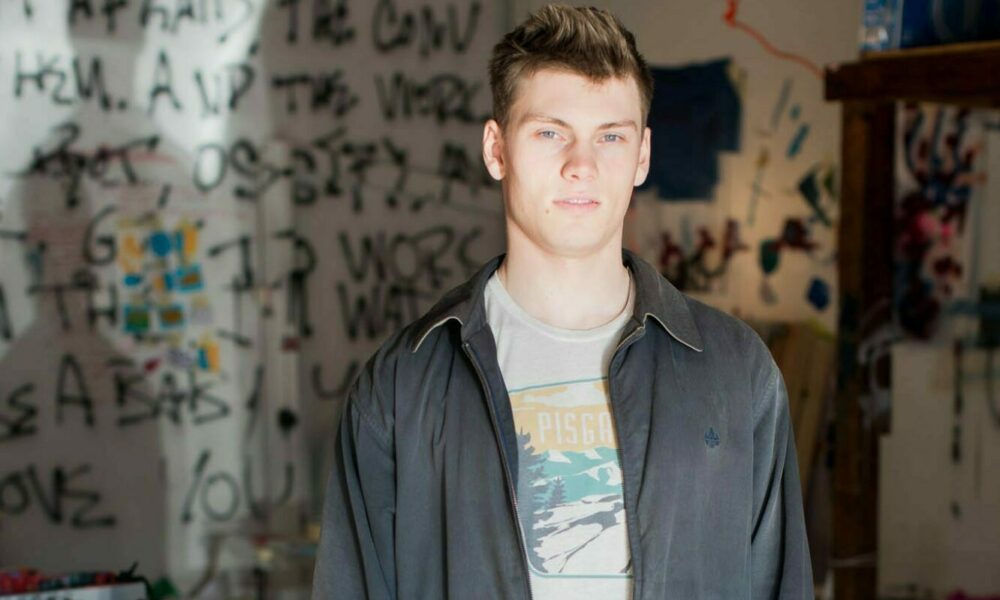

Today we’d like to introduce you to Cameron Ritcher.
Cameron, we appreciate you taking the time to share your story with us today. Where does your story begin?
At my pre-school, there was a station where you could just play with random trash and make stuff out of it. Naturally, that was where I was when we had any free time. I’ve always gravitated towards assembling found objects into new contraptions, functional or not, even before I knew they could be called “art”. I explored many other career paths before it clicked in high school that I wanted to make a career out of fine art. Several of my family members are professional musicians, so they were very supportive of me pursuing an unconventional career path. I started showing my work at local galleries and coffee shops in high school and college. My first “solo show”, if we can call it that, was at a coffee shop in the small town of Front Royal, and it felt like a huge break for me at the time. I graduated from James Madison University in 2017 with a B.S. in studio art, as well as teaching licensure. I taught elementary art part-time for a couple of years after college while also painting and travelling to shows.
I’ve continued to get incrementally bigger breaks since that coffee shop show in college and am now represented by several well-established galleries around the country. Looking back, I am so grateful for all of the people I’ve met who have helped me get to where I am now. Strangers have become clients or gallerists, and some of them have become good friends as well. I also would not be where I am without my high school art teacher, Jauan Brooks, and my professor/mentor in college, Cole Welter, along with countless others.
Alright, so let’s dig a little deeper into the story – has it been an easy path overall and if not, what were the challenges you’ve had to overcome?
Being an artist (or any kind of self-employed entrepreneur) is never going to be easy, at least at the beginning. Obviously, one of the main challenges is the financial aspect. When I left my teaching job almost three years ago, I promised myself that if I ever had to dip into my emergency funds, it was time to get a part-time job. Things were going pretty well until last spring/summer when sales started to dry up a bit. I got a job putting up sheet-rock for two days. That next weekend, I had a show and sold about 1/3 of what I needed to make the entire year, while my galleries were emailing me saying they had sold most or all of my inventory. I blew through my sales goal for the year in about two weeks. It was a truly wonderful confirmation that this is what I am supposed to be doing with my life. This year I doubled my annual sales goal and so far, we’re on track to hit it. Being prepared for inevitable financial drought, but also mature and disciplined enough to handle abundance is one of the biggest things I’ve learned (and am still learning).
I’ve also wrestled with justifying art as a full-time career in a world where there is so much suffering – “shouldn’t I be doing something that actually helps people?” A good friend of mine at the time (who is now my wife) helped me to see that creating art is actually an act of service and an act of love and that the world truly does need it.
Alright, so let’s switch gears a bit and talk business. What should we know about your work?
People who know my work are probably familiar mostly with my cut-wood assemblage pieces, which I’ve been making for 3 or 4 years. These are made from pieces of wood that are painted, cut into pieces, and re-assembled. Sometimes I incorporate found materials like trim, moulding, or rulers. I love making these because the first half of the process is very spontaneous, but the “construction” phase of these works allows me to maintain a degree of control and organization over the final composition. I love the physicality of these as well. Instead of putting a brush to a canvas, I get to nail a piece of wood down. I’ve always loved building things, and this scratches that itch.
For a little over a year, I’ve also been experimenting with a starkly different series of paintings. These are minimal, hard-edged geometric compositions that use tinted resin over top of latex paint to explore color relationships, texture relationships, and light. They are just plain fun to look at. These activate a more precise, mathematical side of my brain than the assemblage paintings do. I like to bounce back and forth between the two bodies of work every month or two.
Can you talk to us a bit about the role of luck?
When I decided to pursue art as a career path, I started taking every single opportunity that came my way and applying to shows and galleries everywhere. I knew I was going to have to hustle to make this work. So when things started falling into place, it felt less like luck and more like “thank goodness it’s finally paying off.” One of the most pivotal breaks for me was when TEW Galleries (located in Buckhead, ATL) started representing my work in 2019. Not only do they sell a lot of my work, but they are one of the most well recognized and respected galleries regionally and around the country. So other galleries and dealers started to take more notice of my work.
I don’t believe in luck, but I do believe in a God who has a plan for my life. Hard work is an act of faith that something will work out even though you can’t quite see it yet. This applies to the business side of things but also to my studio practice. Most of the time, when I start a piece, I have no idea what it will look like when it is finished. Sometimes I do have a vision, but it takes so much commitment to actually get there. Often I have to let go of my initial expectations for a piece in order for it to be successful. It is a balancing act between embracing the accident and being committed to my original intent.
It is an enormous privilege to have the opportunity to be a full-time artist at my age. There are people who work harder than me their whole life and never get the opportunities I’ve had. Whether you call it luck or something else, my success is owed to a strong support system of family, friends, and mentors, who have helped me in so many ways. I did nothing to deserve this and would certainly not be where I am without it. I work hard out of gratitude for these people, especially my family, who has sacrificed so much for me. I want them to know it was worth it.
Contact Info:
- Email: cameronritcher@gmail.com
- Website: https://www.cameronwilsonritcher.com/
- Instagram: https://www.instagram.com/cameronwilsonritcher/
- Facebook: https://www.facebook.com/cameron.ritcher
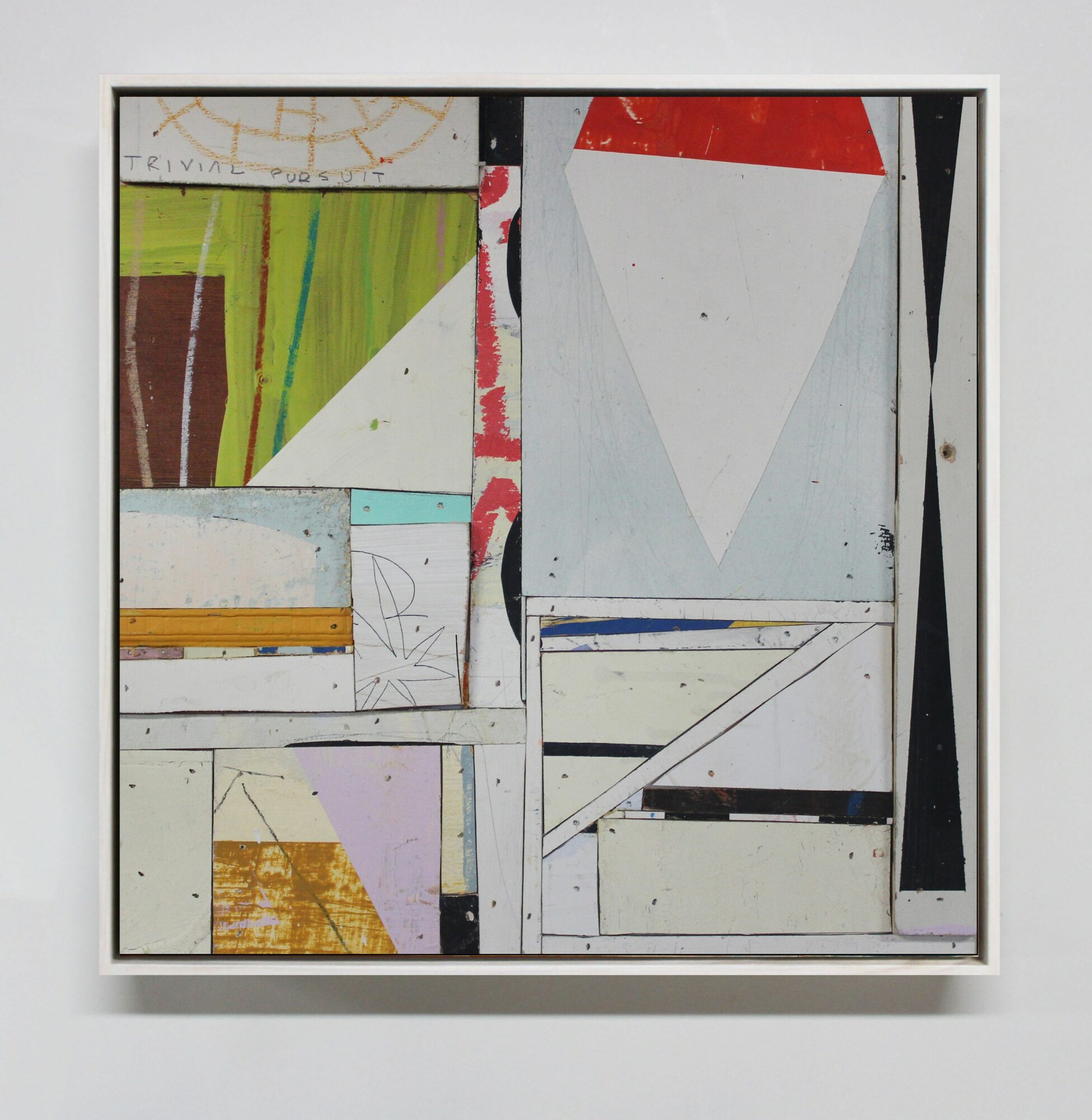
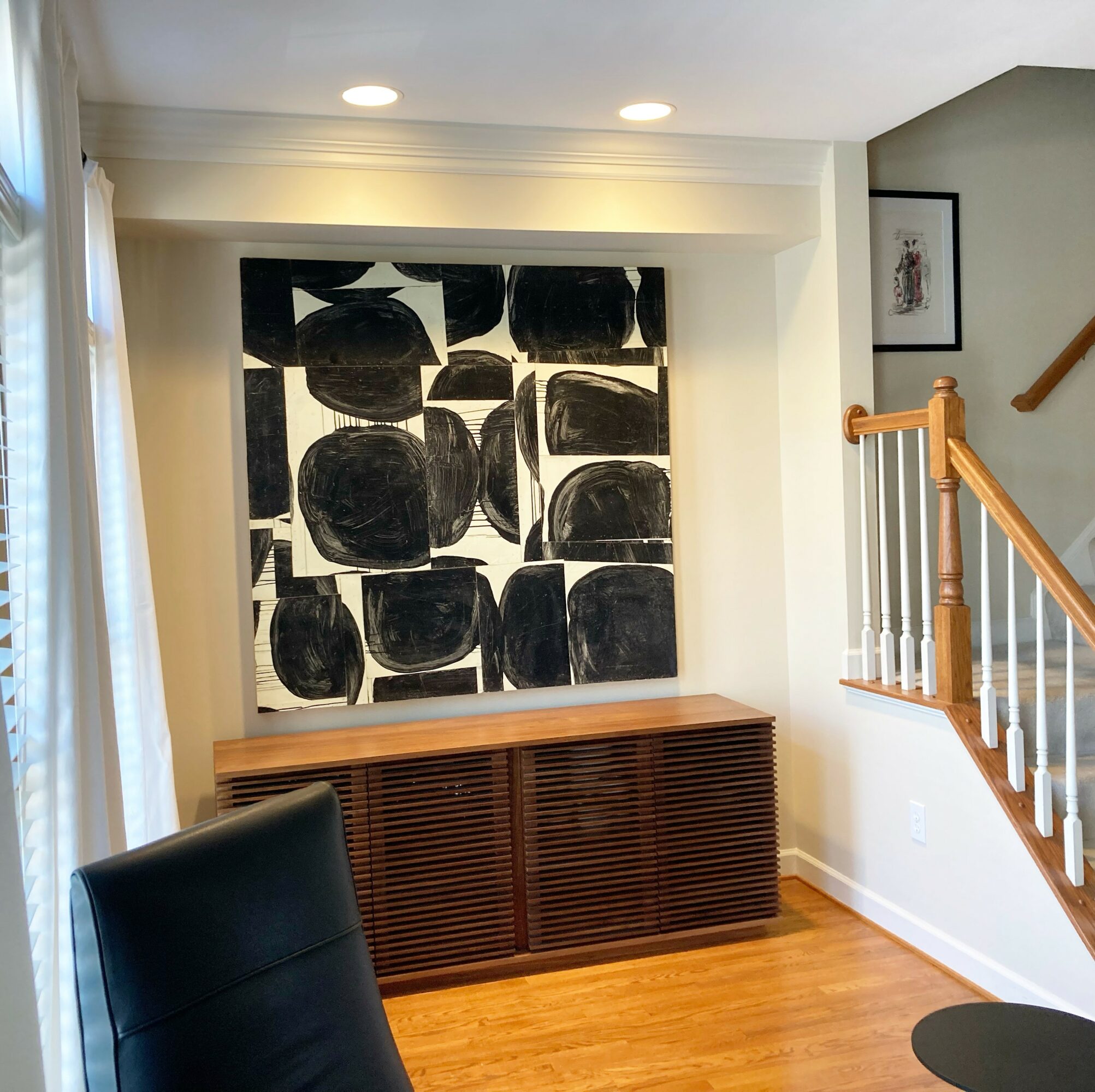
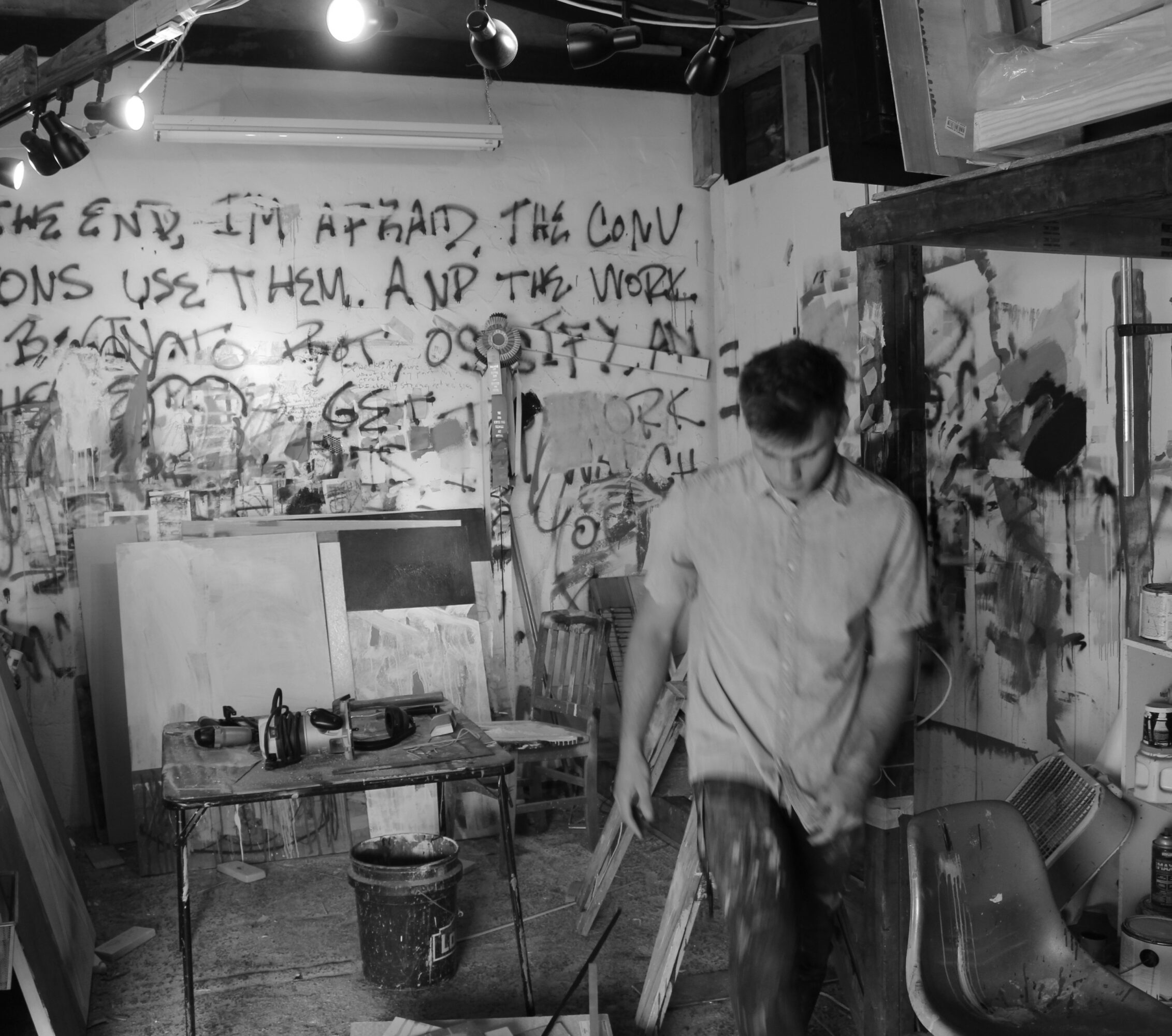
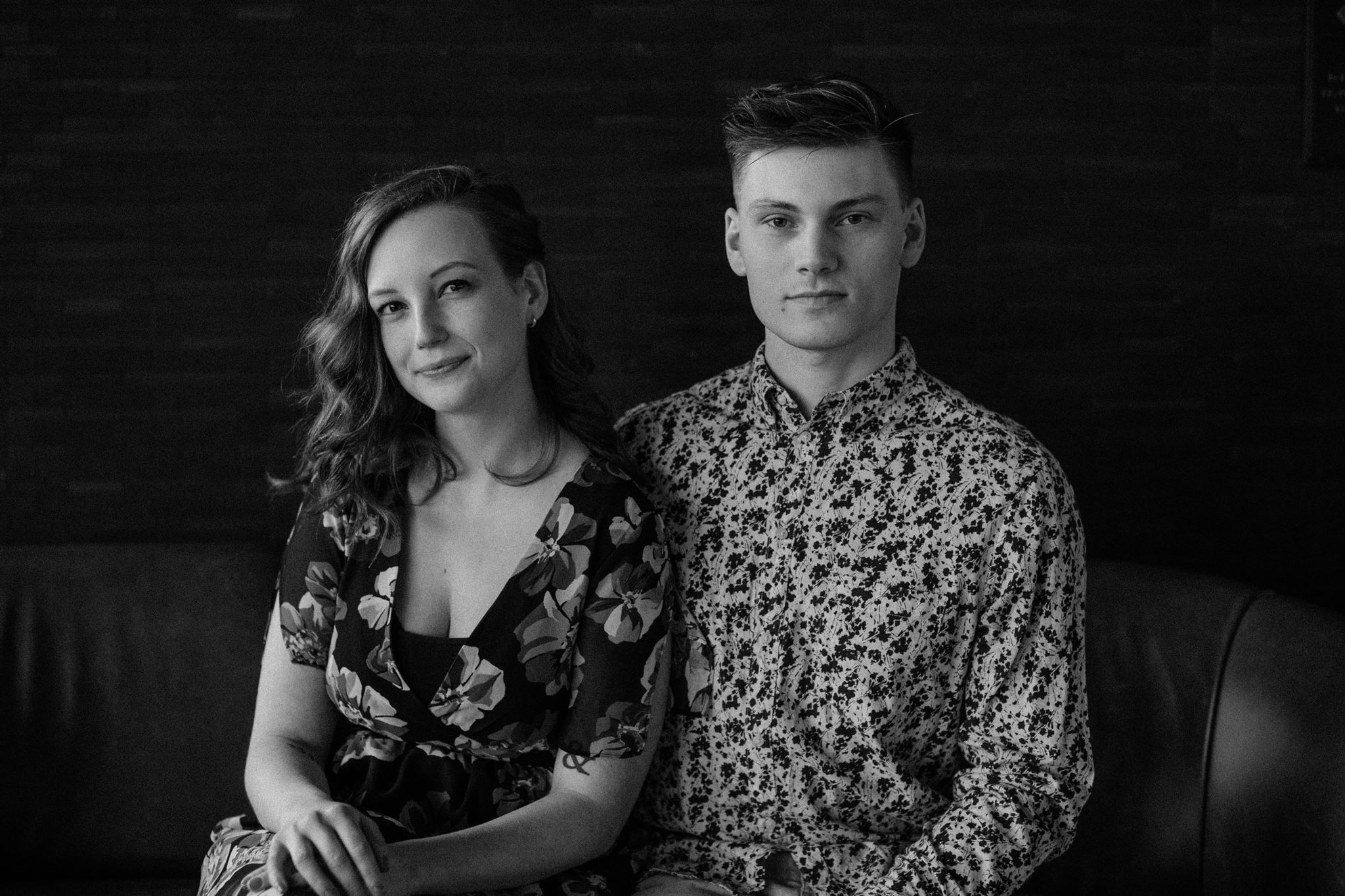
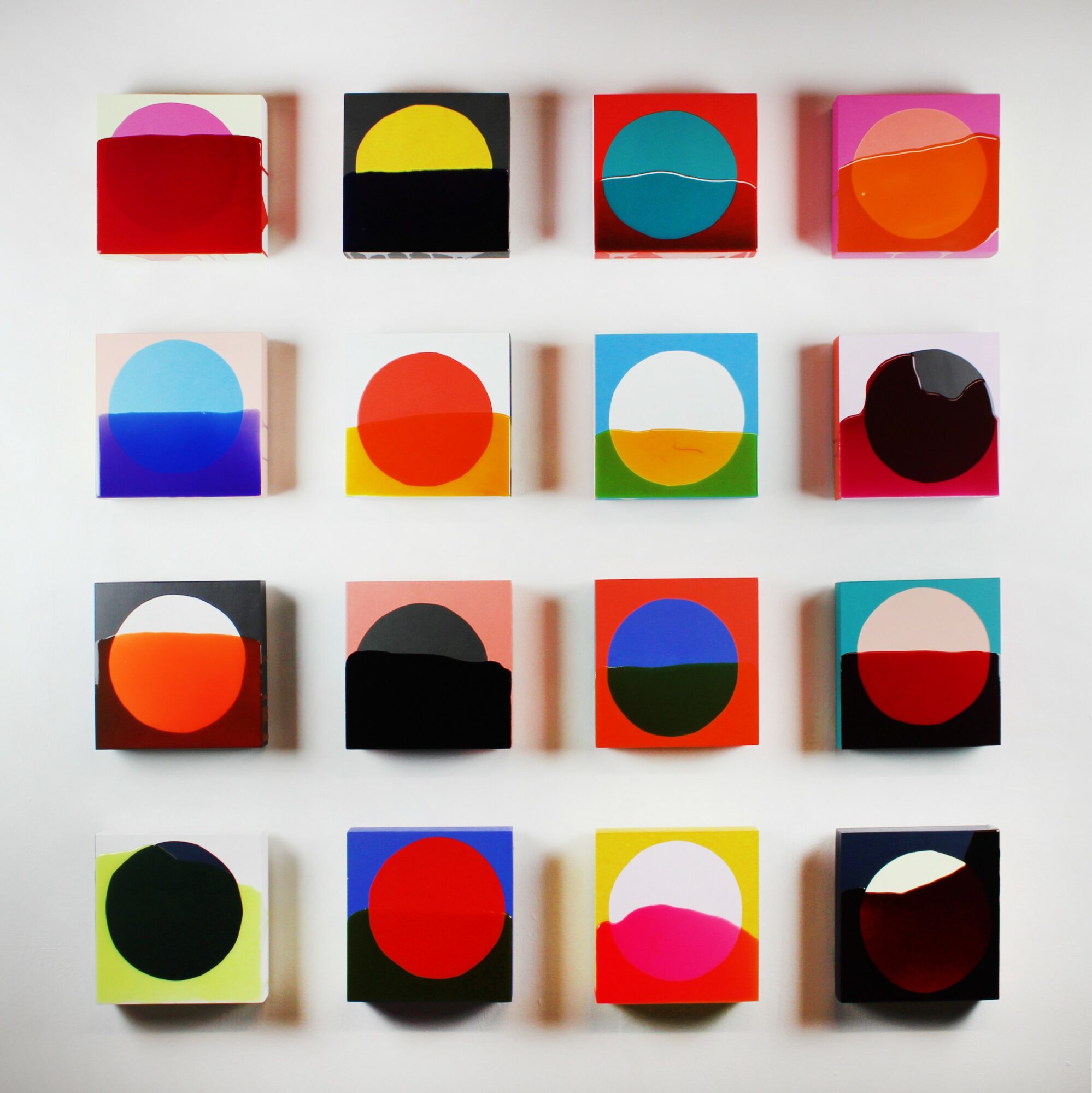
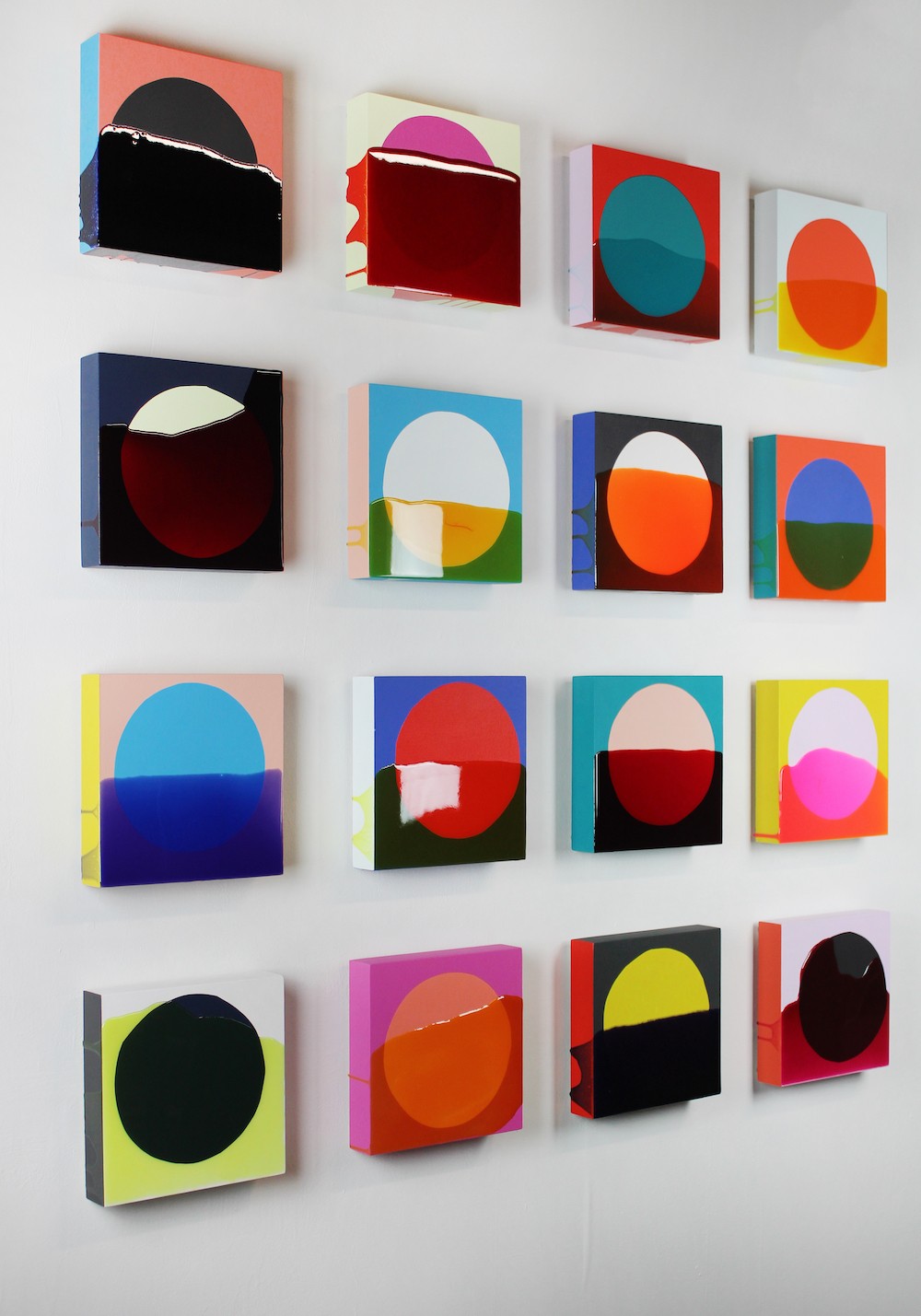
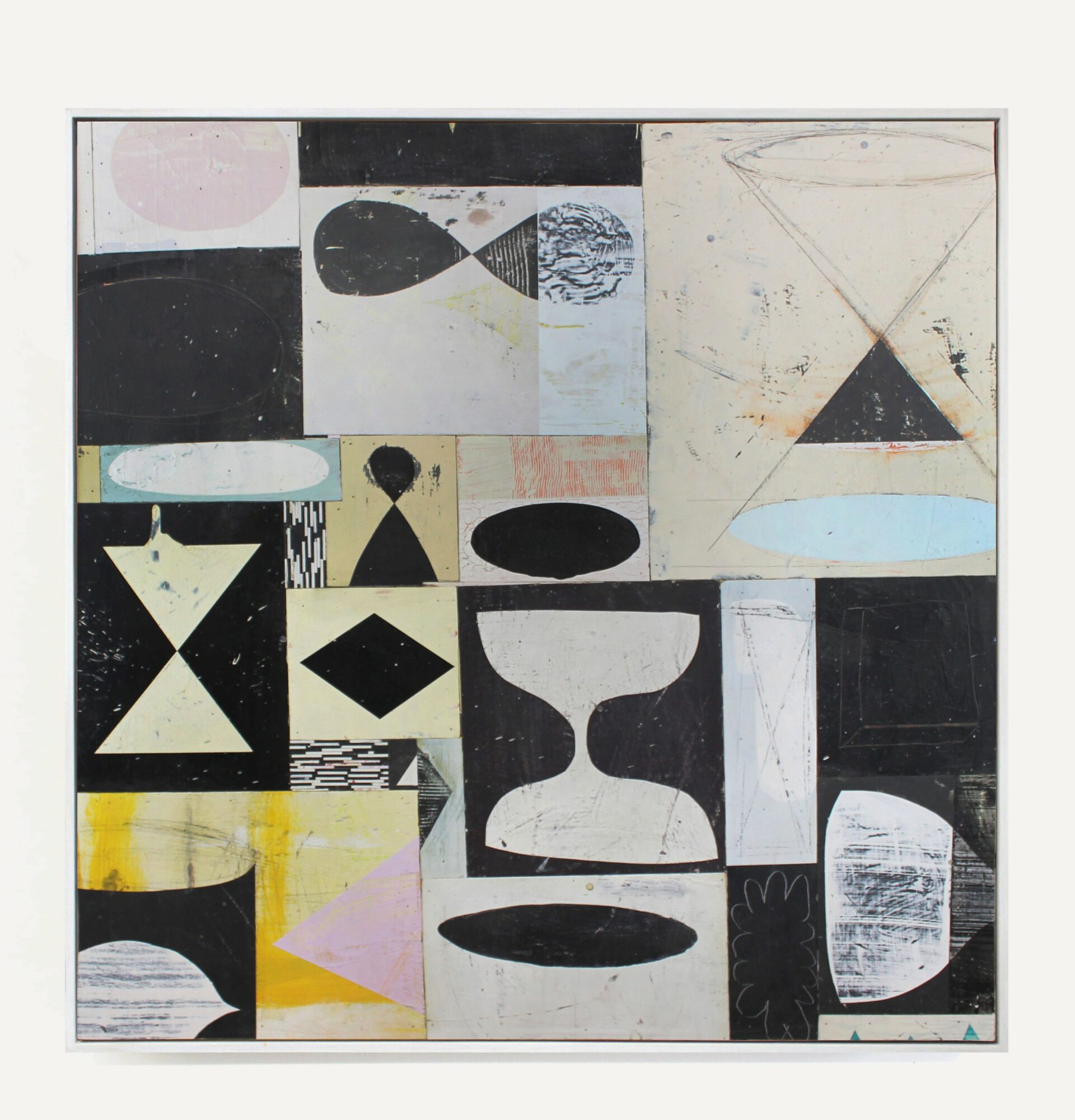
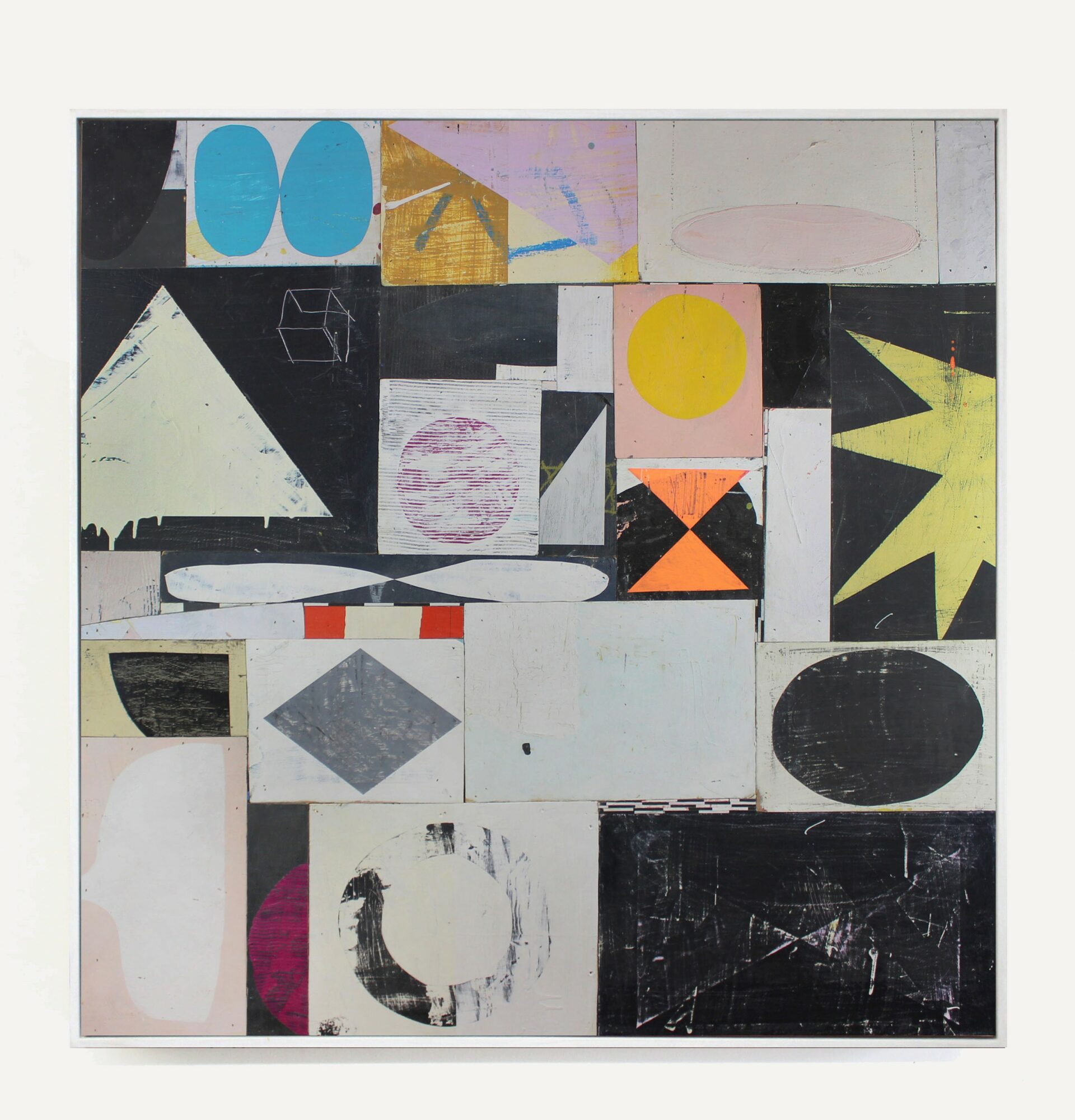
Image Credits
Ashley Edmunds Photography David Tanner Fine Art The Commoneer













